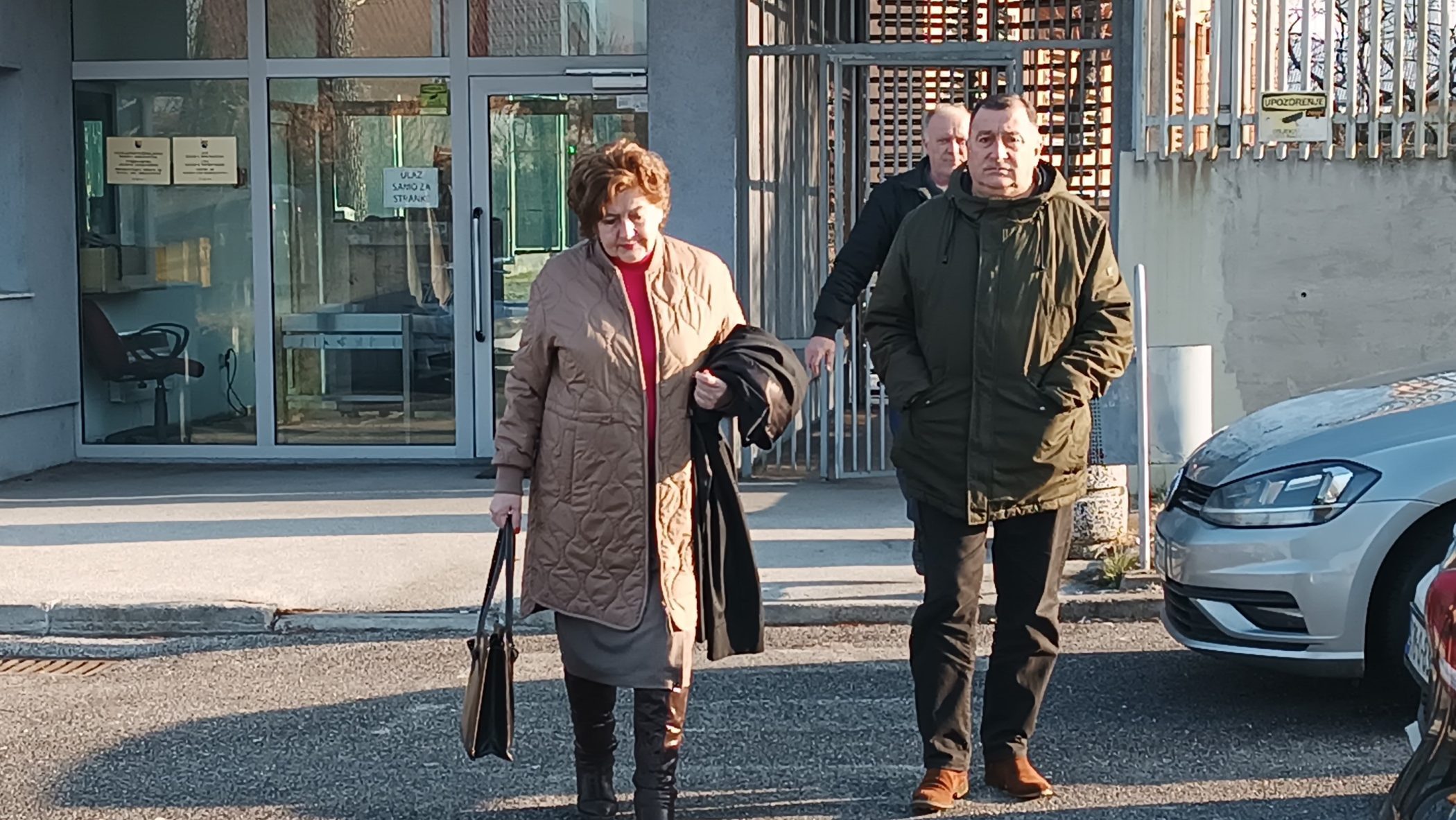This post is also available in: Bosnian
On the second day of his testimony, Defence expert witness Radovan Radinovic said that “Barutni magacin” (“Gunpowder Depot”) was “a temporary detention unit”, and not a detention camp, as alleged by Prosecution witnesses.
“There is not one single argument that would make us consider it anything other than a temporary detention unit. However, it unfortunately was a long-term unit for those prisoners. They lived in inhumane conditions, but even people who are held in detention camps have a roof over their heads,” Radinovic said during the course of cross-examination.
Expert witness Radinovic said that indictee Djordjislav Askraba was “distributor but not commander of the guards” in “Barutni magacin”.
The Prosecution of Bosnia and Herzegovina charges Djordjislav Askraba, Ratko Bundalo and Nedjo Zeljaja with crimes against humanity committed in the Kalinovik area during the course of 1992 and 1993. The indictment alleges that, from July 7 to August 5, 1992 Askraba “superintended” the “Barutni magacin” detention camp in which Bosniak men were detained.
“There is not one single document indicating that Askraba was the commander of the guards. He was a distributor, who reported to his superior officers. Distributors are people who manage one part of it,” the expert witness said, adding that Askraba “was a leading person among ‘Barutni magacin’ guards”.
The expert witness explained that the role of the “Barutni magacin” guards was to “protect the detainees from unauthorized visitors and from being taken out of the building by unauthorized people”.
“I cannot confirm whether the detainees, who were held in ‘Barutni magacin’, were civilians, because it was not possible to figure out whether they belonged to some military formation. The fact that a person is not uniformed does not mean that he is a civilian. It is hard to differentiate between civilians and soldiers,” Radinovic said, adding that the detainees were considered “prisoners of war”.
Prosecutor Munib Halilovic asked the expert witness why he claimed that the detainees were thought to be members of “Muslim armed forces”. He explained that he obtained “the data from reports made by the Public Safety Station”, adding that they “may have been arrested to prevent them from becoming members of those forces”.
The expert witness claims that indictee Askraba “could not even imagine” that the detainees, who were taken away from “Barutni magacin”, would be killed. He explained that the guards thought that the detainees were going to be exchanged, “which was logical”.
After the Prosecutor said that battles were ongoing at Rogoj locality at that time, the expert witness said that “the exchange could have been organized during the course of the military operation, because people who took part in the exchange did not necessarily take part in the battle”.
The expert witness concluded that “Barutni magacin” was under the command of “military units and this was a military facility”.
The indictment alleges that “Barutni magacin” was under the command of Ratko Bundalo, Commander of the Tactical Group in Kalinovik.
“Askraba was transferred from the police to the Army as well. This can be seen in a document signed by Bosko Govedarica, Chief of the Public Safety Station in Kalinovik, pertaining to the period between July 7 and August 7, 1992. It alleges that he would become the commander of guards, but we do not have a confirmation that the army accepted his nomination for the function,” Radinovic said.
During the course of cross-examination Radinovic said that, in case a commander cannot perform his function, a chief of staff takes over. The witness said that there is no need to issue an order to this effect.
Radinovic said that the detainees were brought to “Barutni magacin” by policemen, but he “does not know who actually detained them”.
The trial is due to continue on Tuesday, June 23.




